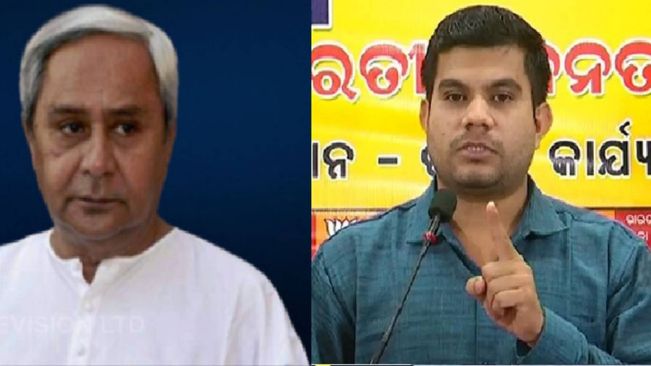While both the BJD and the Bharatiya Janata Party (BJP) have exchanged sharp criticisms, the BJD’s approach to raising and framing communal incidents warrants closer examination.
At the heart of this issue is the BJD's claim that the BJP-led government has failed to prevent communal unrest, pointing to four incidents in just the first three months of the BJP's current term. These accusations are not just statements of concern but seem to be part of a broader political strategy to position the BJP as inept in managing social harmony. This move, however, is fraught with contradictions and raises questions about the sincerity of the BJD’s stance on communal violence.
The BJD’s Contradictory Position
The irony of the BJD’s criticism is that it comes from a party whose leader, Naveen Patnaik, has governed Odisha for 24 years, during which several significant communal clashes occurred. The 2008 Kandhamal riots, the 2017 Bhadrak unrest, and the 2021 Sambalpur riots—all happened under Patnaik’s administration. It seems disingenuous for the BJD to now accuse the BJP of failing to maintain communal harmony when the BJD itself has a controversial track record on the issue.
The BJP has seized on this point, highlighting the BJD’s past governance failures, questioning Patnaik's silence and inaction during these earlier incidents. The BJP has also accused the BJD of shielding individuals linked to communal violence, pointing out that some arrested in the Bhadrak clash were allegedly seen in photographs with BJD legislators. This raises concerns about the BJD’s political motives and the party’s real commitment to addressing communal unrest.
Politicising communal violence: A Strategic Tool?
Critics argue that the BJD’s approach to raising communal issues is more about political maneuvering than genuine concern for public safety. By accusing the BJP of inefficiency and promoting unrest, the BJD seems intent on creating a narrative where the opposition party is portrayed as incapable of governing. This tactic is particularly evident in the BJD’s focus on the recent Bhadrak clashes, which, while serious, have been amplified to serve political ends.
The BJD’s portrayal of the BJP as a communal instigator fits neatly into a larger electoral strategy, where the ruling party is seeking to consolidate its support base by appealing to a sense of fear and insecurity among voters. The party's messaging suggests that under BJP rule, communal harmony is at risk, positioning the BJD as a safer and more stable alternative. However, this tactic ignores the complexities of the issue and risks deepening communal divides rather than addressing them.
Long-term consequences of flagging communal issues for political gain
The danger of the BJD’s approach is that it could further inflame communal tensions in Odisha. By framing the BJP as a threat to social stability, the BJD runs the risk of making communal issues a more prominent feature of Odisha’s political landscape, potentially encouraging polarization among the electorate. Instead of fostering dialogue and seeking solutions to the root causes of communal violence, the BJD’s focus seems to be on scoring political points, which could have long-term consequences for social cohesion in the state.
The use of communal clashes as a political tool is not new, but in Odisha’s context, it is particularly troubling given the state’s history of sensitive communal relations. The BJD’s decision to weaponize this issue reflects a broader trend in Indian politics where parties often resort to communal rhetoric to energize their bases and discredit opponents. However, this strategy is short-sighted and undermines the need for constructive governance that addresses the underlying socio-economic and cultural issues driving communal violence.
BJD’s Gambit May Backfire
While the BJD may believe that raising communal issues will help it consolidate power and weaken the BJP’s position, this strategy carries significant risks. By focusing on communal tensions rather than governance, the BJD could alienate moderate voters who are more concerned with economic development and public welfare than divisive rhetoric.
Furthermore, the party’s own questionable record on managing communal incidents makes it vulnerable to counterattacks from the BJP, as seen in the sharp criticisms leveled by BJP spokespersons.
In the long run, Odisha’s political landscape may suffer if communal issues continue to be exploited for electoral gain. The BJD’s approach, while strategically effective in the short term, could ultimately harm its credibility and weaken its ability to present itself as a party of stability and progress. Instead of relying on communal issues to corner its opposition, the BJD should focus on strengthening its governance and addressing the real concerns of the people of Odisha.
Read More Odisha News















